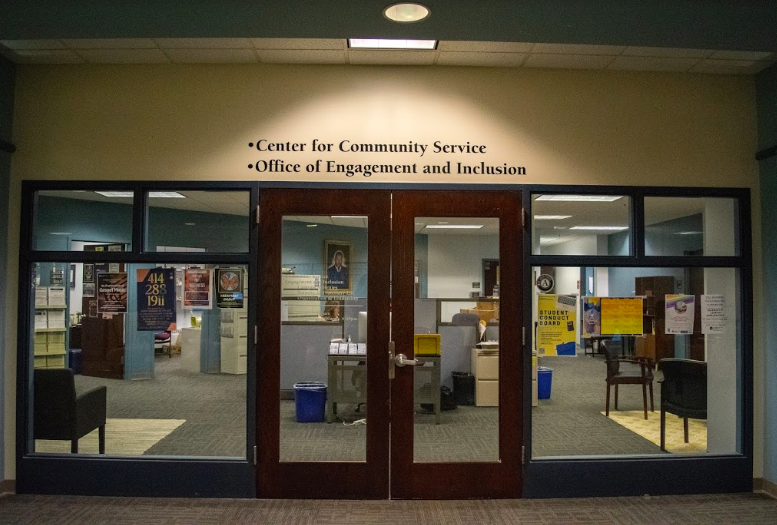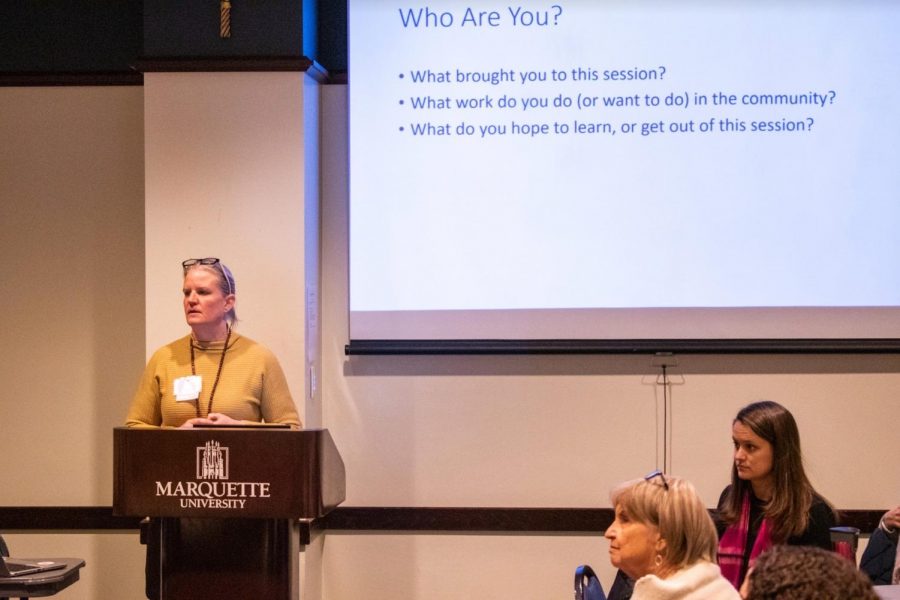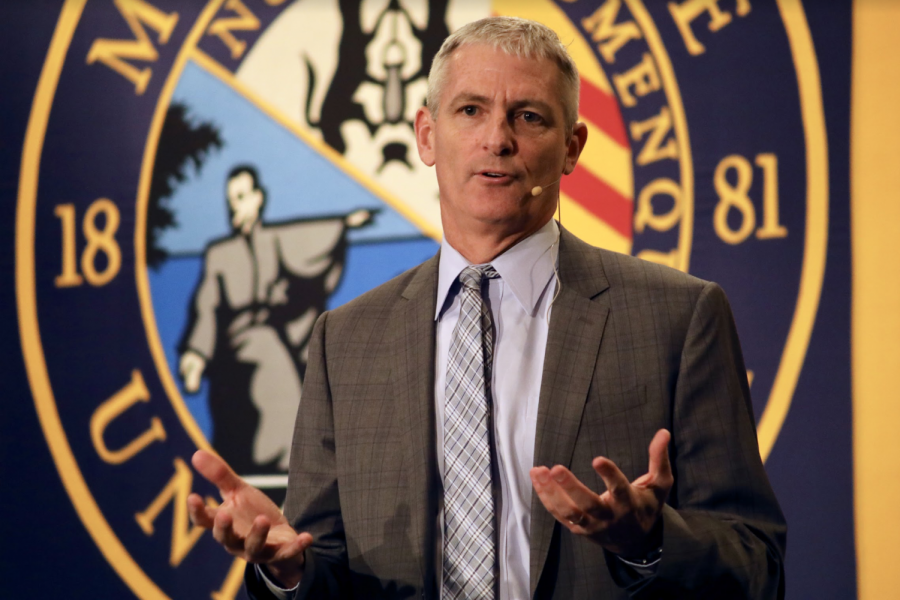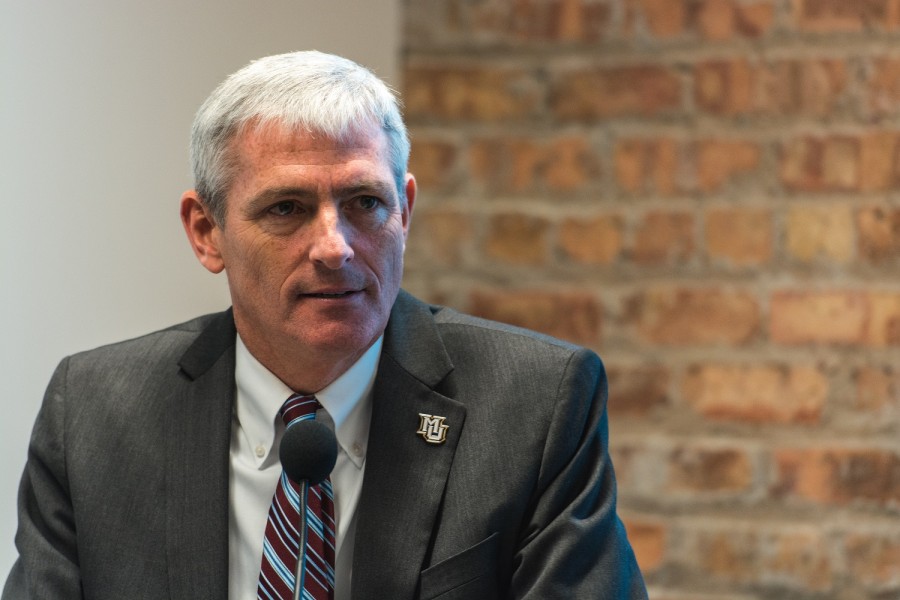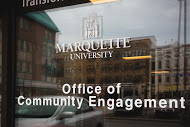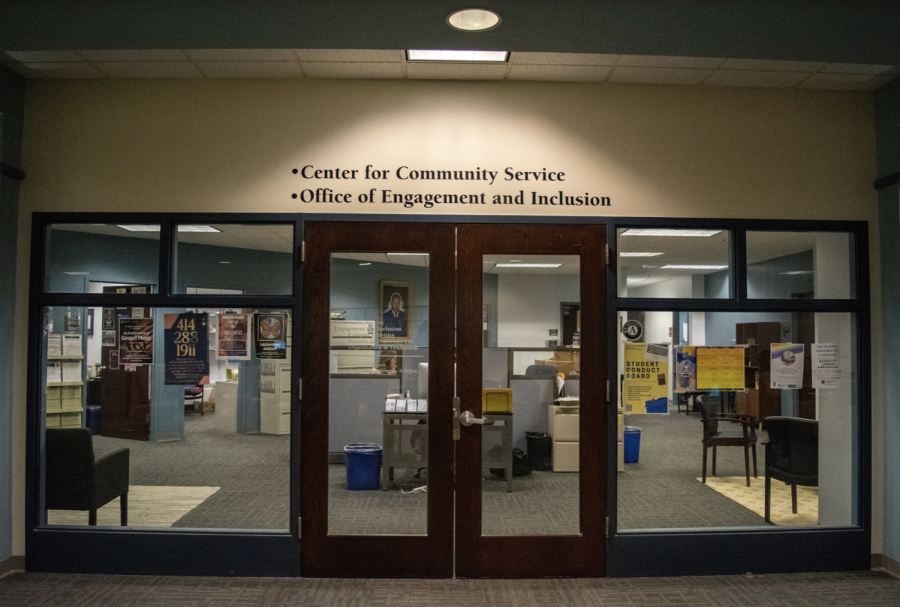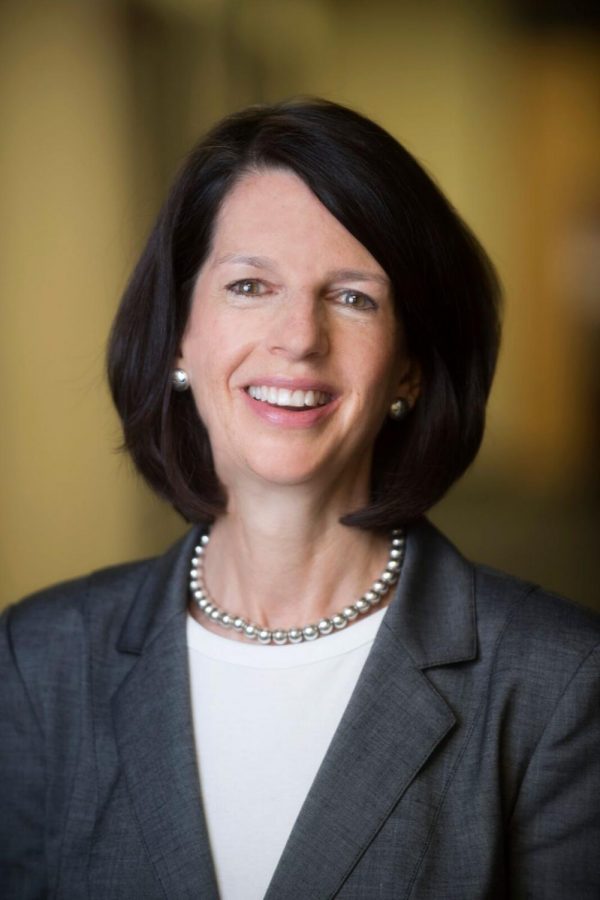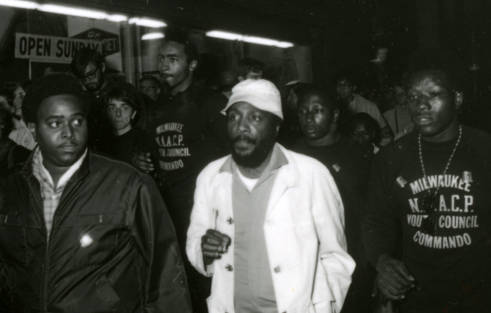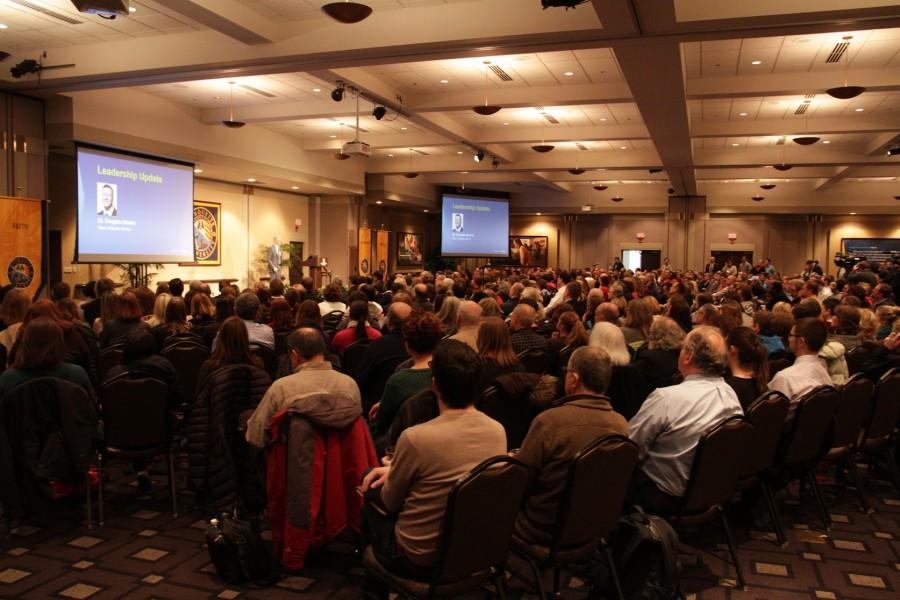The university’s Office of Community Engagement and Office of Corporate Engagement and Partnerships recently combined to establish the Office of Economic Engagement.
Although the consolidation and name change are currently in effect, the department remains in a “logical transition period,” according to a Nov. 11 news release.
First opened in January of this year, the Office of Corporate Engagement and Partnerships was established to bolster the university’s relationship with businesses that share Marquette’s Jesuit mission, according to its website. The Office of Community Engagement, formed in 2016, addressed social issues within the Marquette and broader Milwaukee community.
Despite being open for roughly 10 months before the consolidation, the OCEP successfully partnered with numerous businesses including the Rexnord Corporation, the Johnson Controls Foundation and Wintrust Financial Corporation. These partnerships, among others, brought educational programs, various grants and investments to the university.
Rexnord Corporation, a manufacturer of conveyor systems and plumbing components, sponsored the “The Bridge to Business for Engineers,” a six-day program that educates new engineers on basic business expertise that will help them succeed in the industry.
Johnson Controls Foundation, a philanthropic division of the HVAC system manufacturer Johnson Controls, collaborated with the university to bring the “President’s Challenge” to Marquette, a $250,000 grant awarded to combat inequities in Milwaukee.
Wintrust Financial Corporation, a financial holding company based out of Chicago, worked with Marquette through its Wisconsin-based Town Bank, now the university’s sole commercial and retail banking partner. The Town Bank contract went into effect in summer 2018 and is expected to last 10 years. The new company further pledged to invest $12 million over 10 years to fund scholarships and educational programming at Marquette.
University spokesperson Chris Stolarski said although the OCE did not oversee projects in a “traditional sense,” acted as a “central clearinghouse” for activities which focus on community engagement.
“The missions (of OCE and OCEP), which have always shared commonalities, do not go away,” Maura Donovan, vice president of OEE, said in an email. “Rather, we feel they can now better complement and strengthen one another.”
Stolarski said the union of OCE and OCEP was not part of Marquette’s “cost management review process,” which led to a 2.5% university employee cut in early September. The decision to lay off 24 staff members and not fill 49 vacancies came amid the administration’s concerns about financial and demographic challenges that will affect higher education in years to come.
Stolarski said no positions were eliminated by combining the offices but said the consolidation does allow for certain “operational efficiencies.” He said the move “was really about making sure that our external partnerships are holistic and inclusive.”
Stolarski did not specify what these operational efficiencies are.
Any time you can bring together two offices that are working toward similar goals, you create an operation that can move more quickly, nimbly and efficiently,” Donovan said in an email.
Donovan, formerly the vice president of OCEP, will keep the title as vice president of OEE while Dan Bergen, previously the executive director of OCE, has retained his same title in the new office.
Both Donovan and Bergen said their roles in the new OEE will remain largely the same. Each said their respective experience with corporate and nonprofit organizations will make way for greater collaboration between the two sectors.
“Our offices were certainly effective, but they were effective separately,” Bergen said in an email.
In a statement earlier this month, University President Michael Lovell said the new office will “amplify Marquette’s vision.”
Lovell, Stolarksi said, worked closely alongside both Donovan and Bergen during the consolidation process.
“We have deep and broad existing relationships with nonprofit organizations who typically have the expertise in effecting community change, but often do not have the resources,” Donovan said in an email. “When we can build triangular relationships — corporate, nonprofit and university — we can create powerful partnerships for the greater good.”
Stolarski said the university has no standing plans and is not considerring any proposals to combine any other offices at this time.
“At the end of the day, whether it’s with a nonprofit organization, a corporate entity or a joint venture, our goal is to … make a positive impact on our community,” Donovan said in an email.
This story was written by Nicole Laudolff. She can be reached at nicole.laudolff@marquette.edu.

